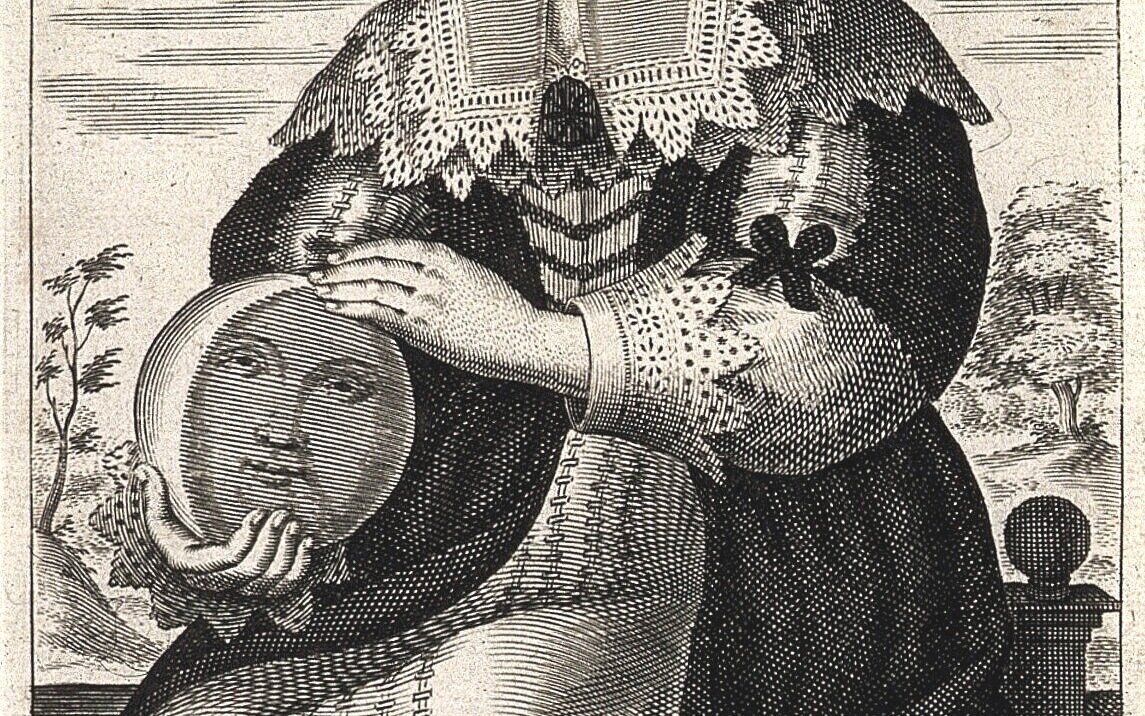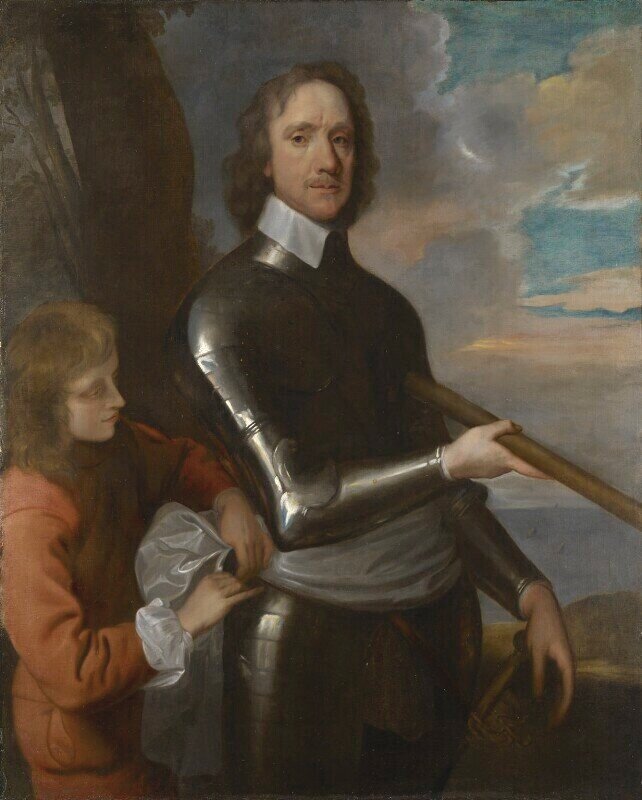
WHO WE ARE
Who we are
If you’re curious about how Massachusetts fits into the Protestant Reformation, puzzled by the apparent paradox of New England’s slave economy and site of the first printed American anti-slavery tract, or simply want to know how ordinary people loved, worked, worshipped, and died, the Partnership of Historic Bostons is the place for you.
We’ve been providing public history programs since 1999, when we were founded as a partnership between Boston, Lincolnshire, in the UK, and Boston, England. We’re still going strong.
Through our free programs, you’ll see the peoples and ideas of 17th century Massachusetts come alive. We offer lectures, discussions, walking tours, and a fall lecture series - all by experts in the field who offer unparalleled insights into the past.
In 2024, we enabled 8,000 people to explore the fascinating, multifaceted, and multiethnic history of Boston and New England through our 13 public history events. We challenged the myths of Puritan theocracy and dictatorship in our fall lecture series, Tyranny vs Liberty. In the three years to 2024, we reached thousands of people in 56 countries across the globe. Nearly 90% of those surveyed said our event were excellent or very good. To find out more, read our 2024 annual report.
Our commitment
The Puritans who arrived in Massachusetts in 1630 established a society more equal, with a broader franchise and greater distribution of wealth, than any other in Europe or its colonies. They founded institutions that helped define the aspirations of American democracy: free education, literacy for all, the makings of representative government, the first American bill of rights guaranteeing jury trials, and the right of free speech.
But for whom was Boston’s founding in 1630 a new beginning?
For the Puritans, it offered the promise of a godly community in which they could worship as they wished and for which they established an unprecedented set of rights. For Native Americans, it was the start of a decades-long process colonization that began with coexistence and cooperation, but ended in war, death from epidemics, and loss of land. Their survivance is a measure of their strength and tenacity.
For the handful of Africans who arrived in 1638, as recorded by governor John Winthrop, it was the start of New England slavery, as well as of a small, free Black community. Quakers, servants, sailors, Baptists, Scottish prisoners-of-war: all experienced the beginning of Boston differently.
The Partnership of Historic Bostons tells the story of these varied beginnings. One story cannot be told without the others.
annual report 2024

why does boston’s history matter?
because it shapes us today.
Conflict increasingly marked relations between colonists expanding their holdings and Native peoples who saw their lands, hunting grounds, and fishing ponds disappear. War engraved itself into English consciousness and even their maps. Image: Norman B. Leventhal Map & Education Center
Our aims
The Partnership of Historic Bostons aims to:
Tell the whole story: the complex, very human past – slavery and liberties, rights and punishment, religious freedom and religious repression. Conflict as much as cooperation marked Massachusetts’ settlement - a truth with which we need to come to terms.
Understand why Boston’s history matters. It’s not just fascinating on its own merits − although that is true. It’s a past that is both profoundly different from the 21st century and shapes who we are, what we believe, and our institutions today.
Interpret the people, events and ideas of the past on their own terms, so that we understand their intentions – as well as exploring their implications today.
Wherever possible, use people’s own words from primary documents and work with Native and Black historians and other scholars. The Puritans were voluble and assiduous record-keepers. We need also to hear the unwritten and less told stories.

“as historians, we need to heed oliver cromwell’s suggestion: paint what you see, warts and all. Our job is not to show history as good or bad, but clearly.”
– Francis J. Bremer, historian

